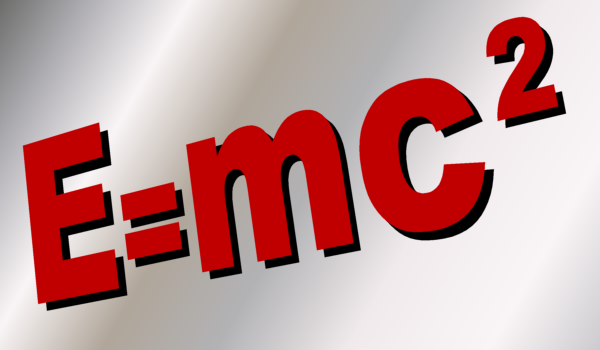 If “Knowledge is relative to the limited nature of the mind,” as Webster states, then pain is relative to what we have experienced, and to what we can imagine.
If “Knowledge is relative to the limited nature of the mind,” as Webster states, then pain is relative to what we have experienced, and to what we can imagine.Such thoughts might cross a persons mind when he is about to have a tooth pulled without anesthetics. It happened to me.
After five days of excruciating (night) pain, I finally got the dentist’s call. He gave me the customary shot of Novocain, and ten minutes later, he went to work on my tooth.
He soon had to stop when it became apparent the anesthetic hadn’t taken. He gave me another shot; that didn’t take either. So he gave another and another, until he had given me six doses. The entire left side of my face should have felt like a bowling ball. Instead, except for the pain, it felt as normal as my right side.
Dentist and nurse were equally speechless. (Funny, how their looks of wonder, doubled my anxiety.) Finally, he said, “I can’t give you any more Novocain; neither can I stop pulling the tooth.” The nurse simply said, “Good luck.”
That is when I descended into a world of impossible pain. I suppose women know of it—they call it “childbirth.” But childbirth is worthy of such pain, and women prove it over and over by how they crave, then, exhilarate in the moment. This was pain on the far end of the spectrum. It produces nothing, but a glimpse of death.
No comments:
Post a Comment